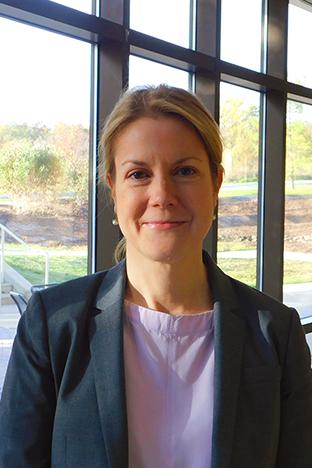[...]
"As a rule of thumb, Helen Burgess, professor of psychiatry and co-director of the Sleep and Circadian Research Laboratory at the University of Michigan, recommends getting enough sleep so that you regularly wake up before your alarm clock. Experts also say that consistency is key. Going to bed and getting up at the same time every day, even on weekends, can help you wake up and fall asleep more easily.
“Our circadian system is constantly trying to predict the regular changes that occur in the 24-hour day to optimize our physiology best to meet that,” Burgess says. For example, before you wake up, your body prepares itself to meet the day by churning out the stress and alertness hormone cortisol and other hormones. If your sleep schedule constantly shifts around, “it’s harder for the circadian system to predict when you’re going to wake up.”
[...]
Studies show that light is vital to establishing consistent, healthy circadian rhythms. Morning light can increase alertness and be a pretty effective antidepressant. “It’s a strong signal to your circadian system,” Burgess says. “It’s probably the most beneficial light we get during the day.”
[...]
“Exercise is a great way to improve sleep,” Burgess says. Exercise improves the restorative sleep we fall into periodically during the night, called slow-wave sleep, she explains—which can help you feel more rested when you wake up the next day. There’s some evidence that exercise can help people fall asleep faster and even combat insomnia.
However, experts caution not to overdo it right before bed because heavier-than-normal exercise in the evening can lead to sleeplessness. “Depending on the exercise, if it’s intensive cardio work or something, it can take the body a while to wind down after that,” Burgess says.
Unfortunately for the many people who can’t imagine a morning without coffee, a cup of joe can disrupt that all-important slow-wave sleep—“even a basic cup of coffee in the morning around 7 a.m.,” Burgess says. She recognizes that people are unlikely to give up their caffeinated beverages, so she suggests to stop drinking caffeine at around noon.
Avoiding alcohol can also help you get better sleep. Studies show that alcohol can help you fall asleep, but the sleep you get will likely be lower quality. “Alcohol is the number one sleep aid,” Burgess says. “But it will disrupt your sleep later, so it’s not good.”
[...]





